So, you’ve just toured The One and can already picture yourself living there. The upcoming offer date is scheduled in your calendar. Your realtor agrees that you have a good shot at getting into the market with this property. But not so fast! Expert real estate investors Matthew Lee and Ming Lim from Volition Properties, a Toronto-based real-estate investment advisory and realty firm, have a wild proposition: just because it’s your first property doesn’t mean that you can’t think of it as an investment. They suggest that you look beyond that pretty backsplash or the nice hardwood floors and think like an investor instead. Here’s what to look for when house-hunting for your first property.
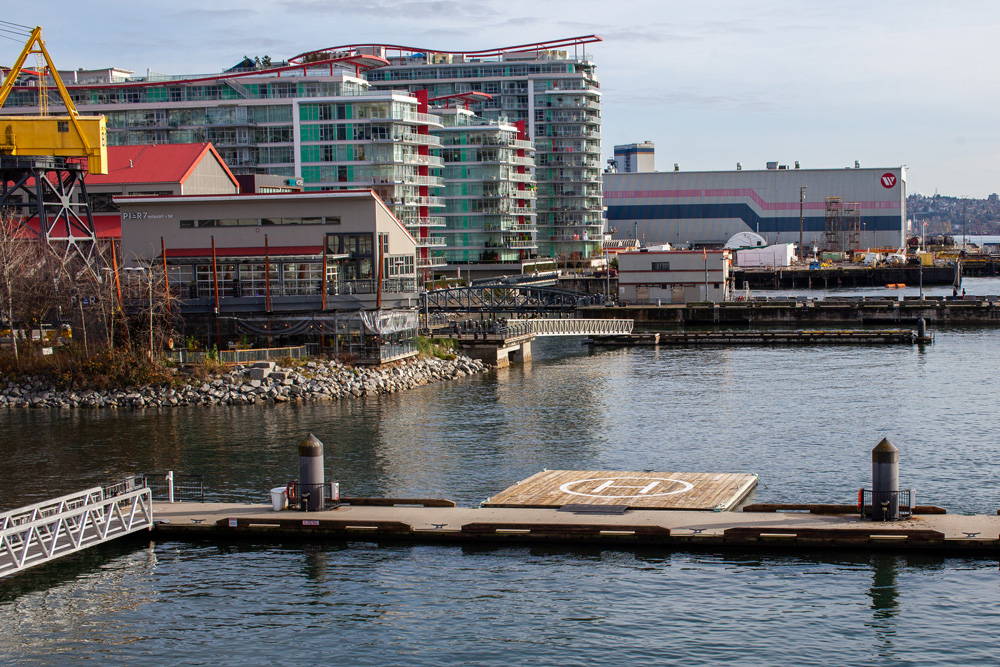
Focus on Gentrification
Properties in areas that are experiencing gentrification will grow faster than ones in stagnant neighbourhoods, resulting in a higher capital appreciation rate. This means that even though this is your starter home, you will build equity faster, which will be useful for future property investments.
Related: The Pros and Cons of Buying in Up and Coming Neighbourhoods
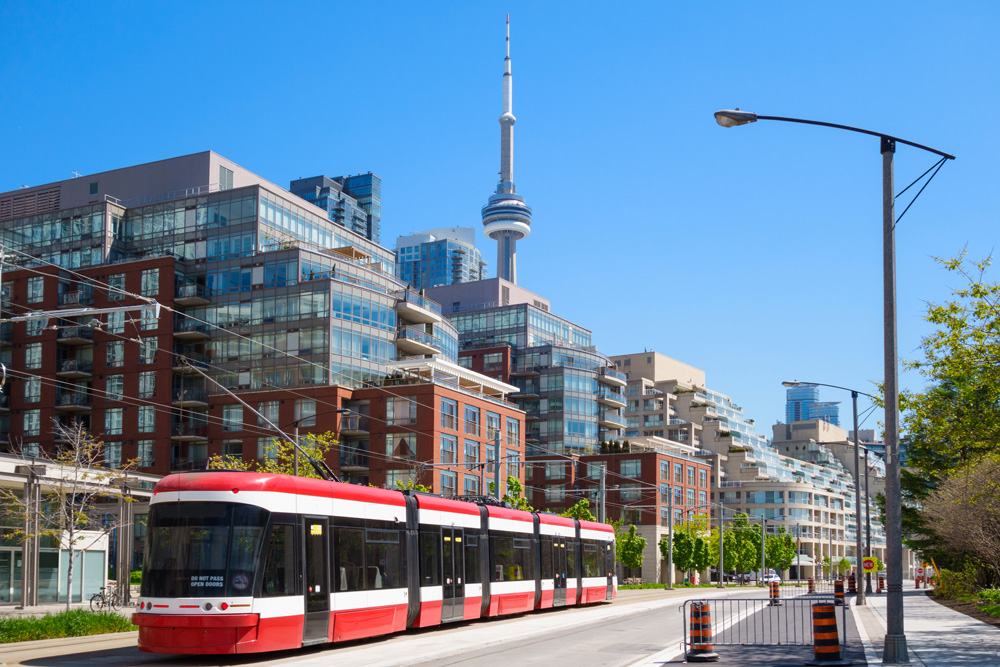
Distance to Transit
When the experts tell you what to look for when buying a house, they usually include distance to transit on the list. Properties within a 10 minute walk of a transit stop gives a 15-20% boost in property values over similar neighbourhoods without transit access.
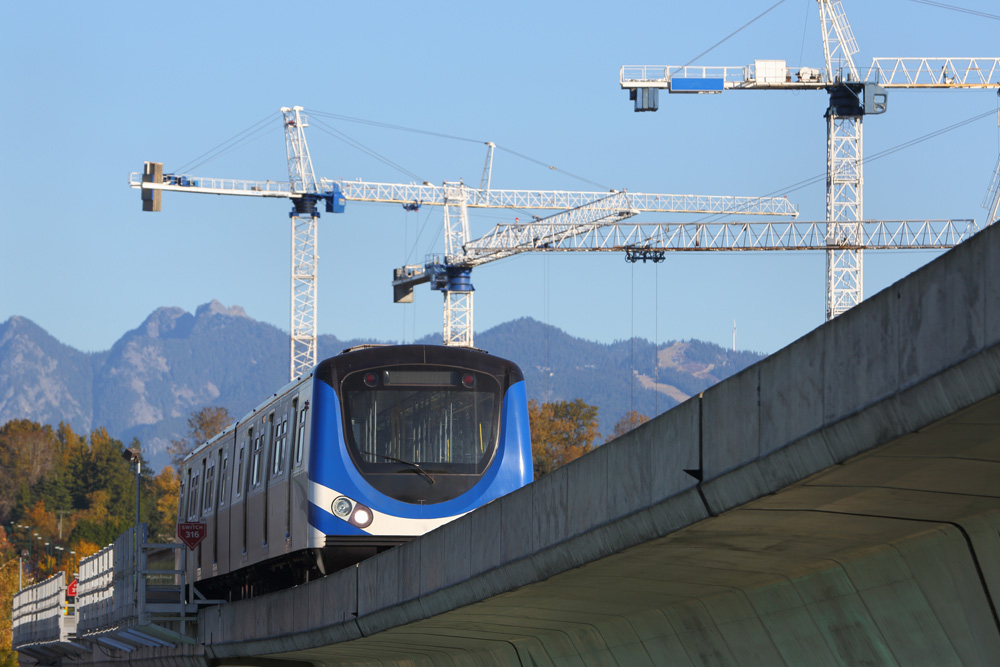
Distance to Transit in Future
You don’t necessarily have to look for a property that’s close to a transit stop right now. Subways, LRTs and dedicated streetcar lines are key elements to an up-and-coming neighbourhood and you can get in early if you buy where a transit stop is slated to be opened in the future. It’s a bit of a gamble, though, so don’t buy until shovels actually hit the ground.

Work/Live/Play
Increasingly, the list of what to look for when buying a house includes communities in which residents can work, live and play all in the same area. This is especially true for millennials and young families. The hottest new housing developments have local shops and restaurants close by, creating a sense of community and belonging. They’re also easy to walk and bike around in and close to transit stops.
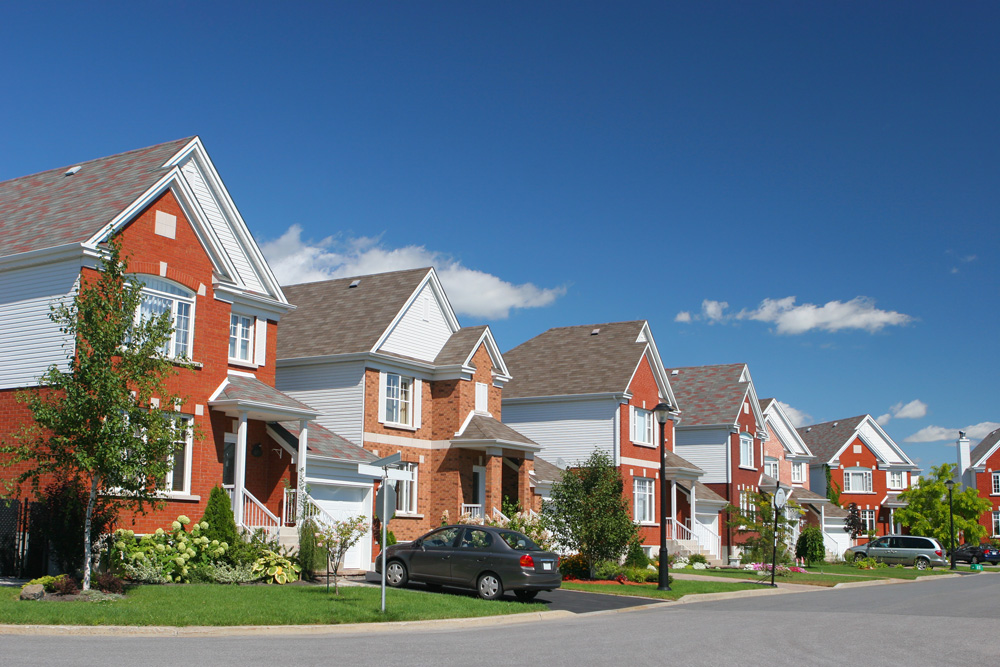
Can the Home Grow With Your Changing Needs?
If you’re forward thinking, your starter home can be your forever home. Look for ways in which it could accommodate your needs as your family grows or your career develops. Is the neighbourhood family friendly? Can you convert or add rooms to accommodate future children? Are there flexible spaces that can become a home office, guest room or home gym?
Related: Backyard Offices: Make This the Best Summer of Your Work Life
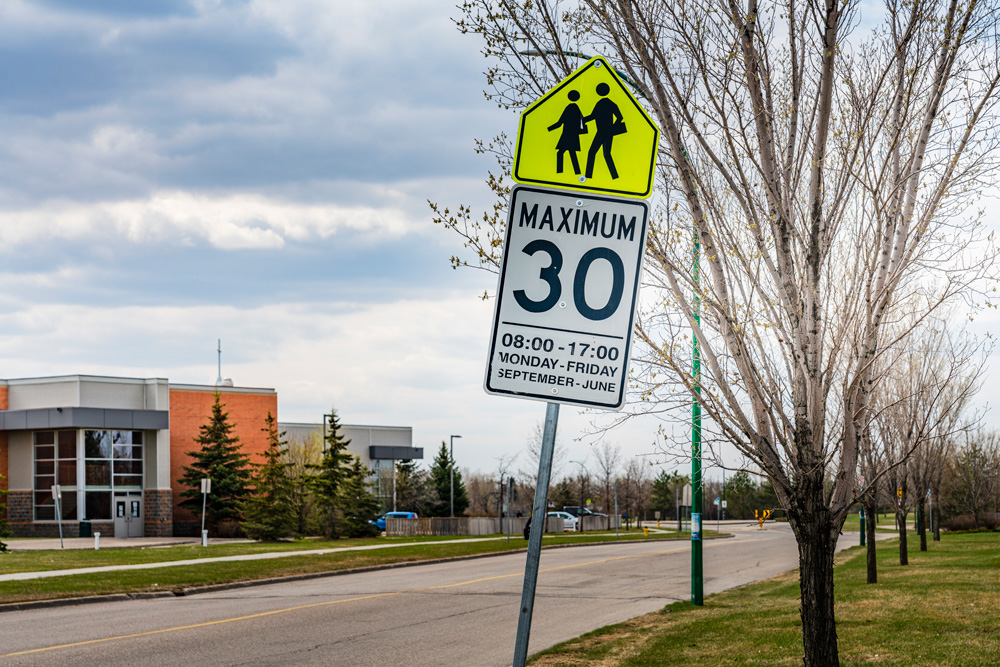
School Zones
Speaking of being forward-thinking, one of the biggest criteria for young parents to consider is school catchment districts, even before their kids reach school age. Good school zones can actually boost property values.

Stay Within Budget
Defaulting on mortgage payments is never a good idea. To prevent this, you need to make sure you’re staying within budget when looking for your starter home. This way, you’re more likely to make your payments every month and as your income increases, you may be able to pay off the mortgage even sooner.
Related: Here’s What $500K Can Buy Throughout Canada in 2021

Buy More Than What You Need
While it’s important to stay within your budget, it may be prudent to buy more than what you currently need rather than automatically going for the cheapest option. Even if you only need a one-bedroom apartment right now, getting something bigger and more expensive if you can afford it is a better long-term investment.

House-Hacking
provides extra income which helps with the bills and the mortgage. You can buy a place with multiple bedrooms and have roommates, for instance, or you can create a basement apartment to rent out. This strategy could open the door of owning a larger house in a better neighbourhood with higher-paying tenants.

Work With the Professionals
Buying real estate is a big decision and working with an expert can make for a smooth and seamless transaction. Volition has a team of investor realtors who not only have regular realtor experience but also provide an expert investor perspective. This is invaluable given that your home is likely the biggest investment you’ll ever make and can even be your path to a more secure financial future.

Should You Buy a Condo?
Condo apartments and condo townhouses are often the starting point for most young people entering the housing market. They are cheaper; maintenance and repairs are included in the condo fees; and they are often in super-desirable, walkable locations. To help you decide whether it’s better to Buying a Condo vs. House: Scott McGillivray Weighs the Pros and Cons, find out what is included in your condo fees and specifically what you are responsible for and what the condo corp is responsible for.

Should I Buy a House?
Houses offer more autonomy and flexibility and often appreciate at a faster rate than condos, since it’s not necessarily the house itself that grows in value but rather the land on which it sits. You can also more easily house-hack a house than a condo and you can often do more extensive renovations to create forced appreciation.
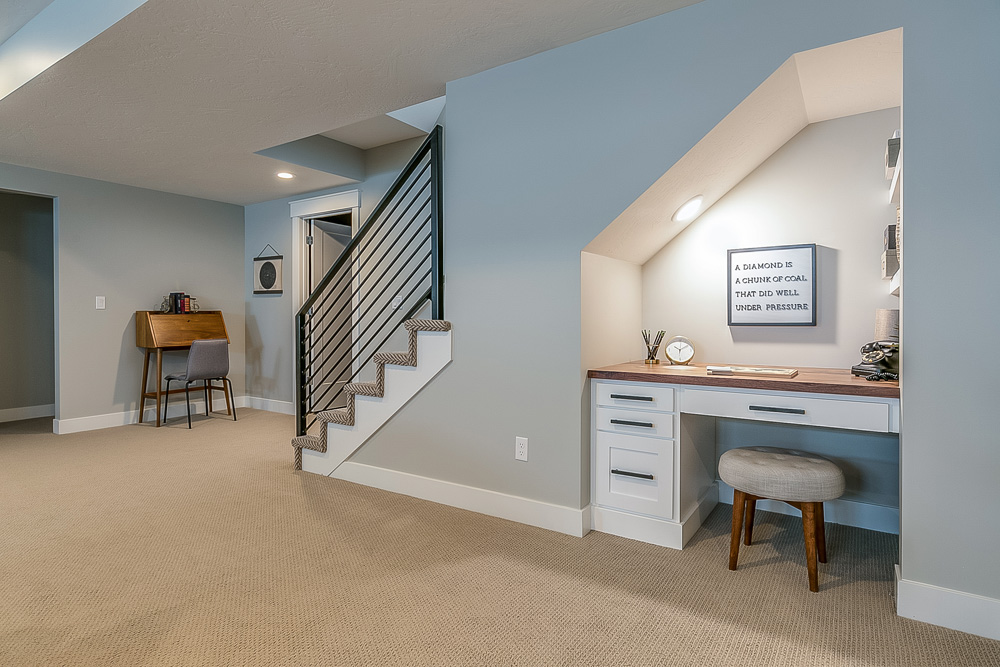
Good Basement Ceiling Height
What to look for when inspecting a house to buy? A good basement ceiling height. Higher ceilings automatically help a room feel larger and more open and make it easier to create a separate, legal basement unit. Volition has helped many homeowners create basement suites; make sure you consult with a local expert before embarking on this journey.

Multi-Generational Living
Multi-generational living is becoming very common as a solution to expensive housing and eldercare. What to look for when buying a house to renovate includes how you can accommodate privacy and separation under one roof. Having the ability to build a laneway or garden suite adds extremely valuable living space to your property. You can also rent out the space and build forced equity into your home.
Related: This Housing Trend is Taking Over the Toronto Real Estate Market Right Now

Get a HELOC
No matter what the situation, it’s always a good idea to get a home equity line of credit (HELOC) in addition to your mortgage. When paired together, it’s known as a readvanceable mortgage. For every dollar paid into the principal portion of your mortgage, it automatically increases the credit limit of your HELOC. This will come in handy for repairs or when a tenant defaults on their rent payment.
HGTV your inbox.
By clicking "SIGN UP” you agree to receive emails from HGTV and accept Corus' Terms of Use and Corus' Privacy Policy.





